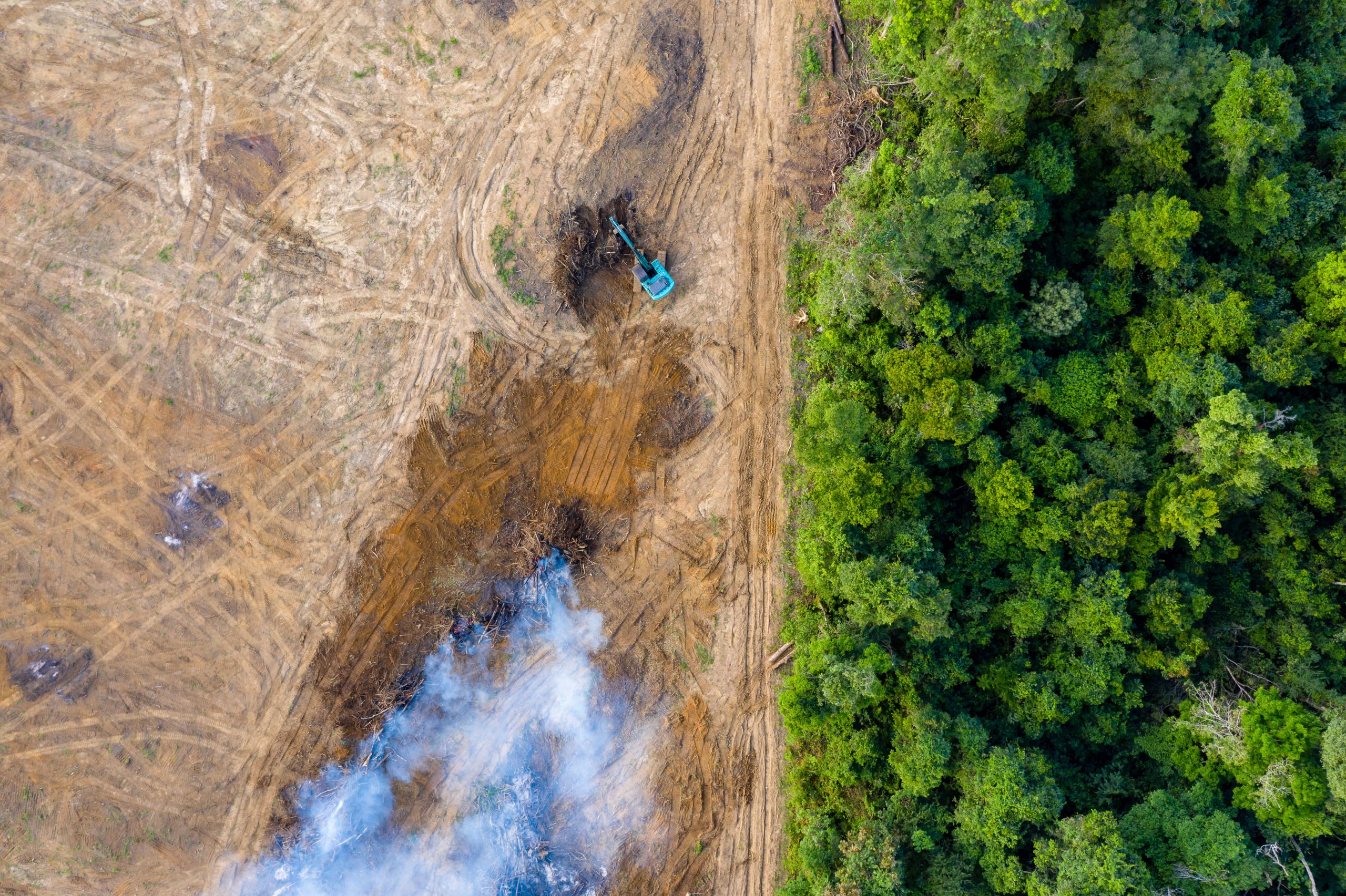News
The COVID-19 pandemic: our response

News | Jun 2020
Photo: Whitecomberd / Adobe Stock
Statement from Neville Ash, Director of the UN Environment Programme World Conservation Monitoring Centre (UNEP-WCMC):
“The Covid-19 pandemic has reminded us that our own health is inextricably linked to the health of our ecosystems and food systems.
UNEP-WCMC’s focus has always been on ensuring the real-world impact of our work and this has become more important than ever as we play our part in the global response to the pandemic.
We will bring our unique skills, knowledge and expertise to bear in two main areas: understanding and addressing the drivers of zoonotic disease emergence, and seeking transformational change in the relationship between people and nature to reduce future risks.
Building back better from this crisis will be a collective challenge. We will continue to work with our partners to make positive change and build a better, healthier future.”
______________________________________________
The Covid-19 pandemic caused devastating human, social, and economic distress in almost every part of the world and has reinforced the need for urgent action on reversing ecological degradation worldwide.
Covid-19 is just one of a range of diseases to have made the jump from wildlife to people in recent years. It is estimated that one new infectious disease emerges in society every four months and 75% of all emerging infectious diseases are zoonotic, that is, transmitted to people from other animals.
Drivers of biodiversity loss like climate change, pollution, and unsustainable consumption and land practices disrupt the balance of nature and can raise the risk of zoonotic disease transmission.
Building back better from the pandemic must include an urgent effort to better understand and manage this intimate link between people and nature.
At UNEP-WCMC, we are uniquely placed to ensure our science, knowledge and insights shape global and national policy, in addition to promoting and facilitating the use of science and knowledge more broadly.
Our contribution to the global response to the pandemic will focus on two main pathways:
Understanding and addressing drivers of zoonotic disease emergence
We will use our existing expertise to better assess the risks posed by disease emergence and how these risks can be managed.
Specific work will include:
- Improving science and policy options to better understand and respond to threats from disease emergence, including in regard to wild meat and the wildlife trade.
- Raising awareness of the links between nature, health and sustainable living through communications and strengthening connections in our work between partners.
- Providing science, technical support and advocacy to ensure progress on addressing environmental challenges at national and international levels, for example in advising on green recovery pathways.
Seeking transformational change in the relationship between people and nature
We will work with our network of collaborators, and seek new collaborations, using our knowledge and skills to help improve the resilience of ecological, economic and social systems.
Examples of this work will include:
- Continuing to support the development and delivery of global environmental agreements, including working with the Convention on Biological Diversity (CBD) and the Convention on International Trade in Endangered Species of Wild Fauna and Flora (CITES).
- Collaborating with key economic actors to rebuild and boost sustainable consumption and production and create new green jobs.
- Supporting the ‘One Health’ approach, linking public health, agriculture and ecosystem health as interconnected issues using approaches such as National Ecosystem Assessments, risk mapping and futures modelling.
Read more about UNEP-WCMC's response to the Covid-19 pandemic for further details of the work we have planned.
Have a query?
Contact us
communications@unep-wcmc.org
